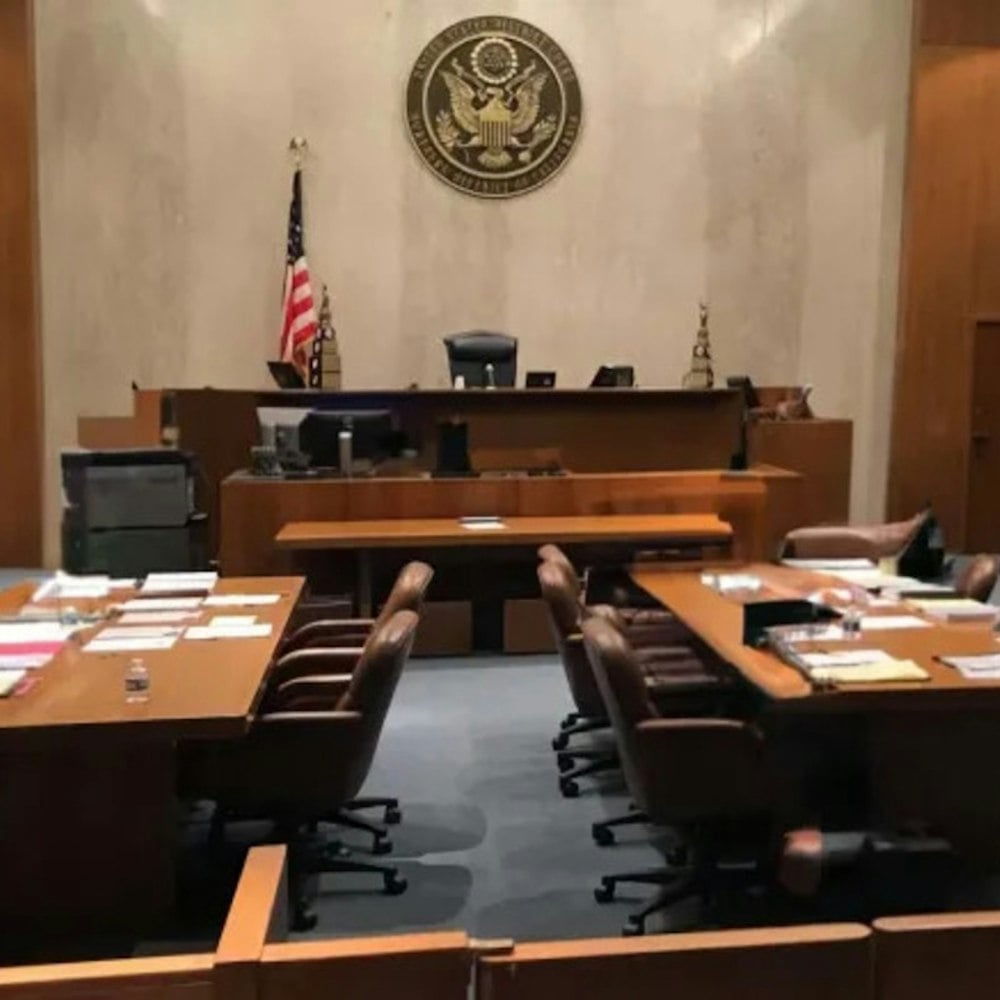
A coalition of 17 states, spearheaded by Tennessee and Arkansas, is suing over a federal rule instructing employers to accommodate workers seeking time off for abortions. The rule, established by the Equal Employment Opportunity Commission (EEOC) as part of the implementation of the Pregnant Workers Fairness Act (PWFA), has been labeled by these states as an unlawful stretch beyond its intended goal of protecting pregnant workers.
As reported by the Los Angeles Times, the federal lawsuit was filed in Arkansas last Thursday. According to Arkansas Attorney General Tim Griffin, "This is yet another attempt by the Biden administration to force through administrative fiat what it cannot get passed through Congress." Hinging their arguments on state's rights, the contention brought forward by the states is that the rule might force businesses to approve abortions that go against state laws.
Tennessee Attorney General Jonathan Skrmetti took a firm stance against what he calls a rewriting of the bipartisan PWFA into an abortion mandate, which they consider illegal. "I’m proud to lead the coalition fighting to protect the rule of law against this unconstitutional federal overreach," Skrmetti stated, as per The Commercial Appeal.
The defendant, EEOC, is accused by the plaintiffs of not only overextending the law but also violating both First and Fourteenth Amendment rights, as detailed by UALR Public Radio. Further, the suit alleges the rule to be arbitrary and demands a preliminary injunction to suspend the impending June enforcement. Griffin was joined in the complaint, stating that the rule "is yet another attempt by the Biden administration to force through administrative fiat what it cannot get passed through Congress."
The 17-state bloc is inclusive of Alabama, Florida, Georgia, Idaho, Indiana, Iowa, Kansas, Missouri, Nebraska, North Dakota, Oklahoma, South Carolina, South Dakota, Utah, and West Virginia. Together they argue that the rule's enforcement could incur significant state costs due to lost productivity and compliance investments, adversely impacting state regulations on abortions. The group also claims that it could compromise the right to regulate abortion as per state laws, grappling with a significant federal encroachment into state sovereignty.









